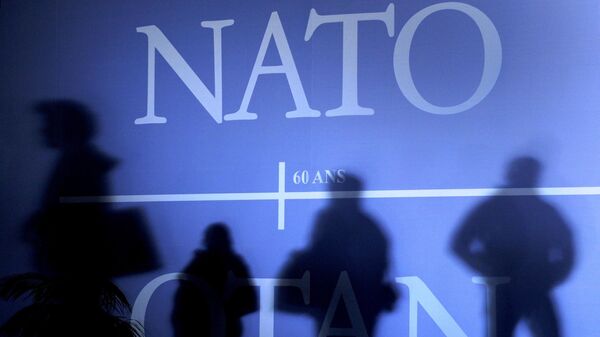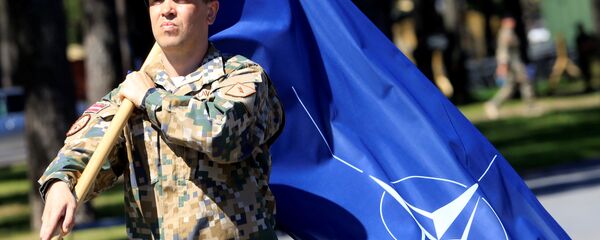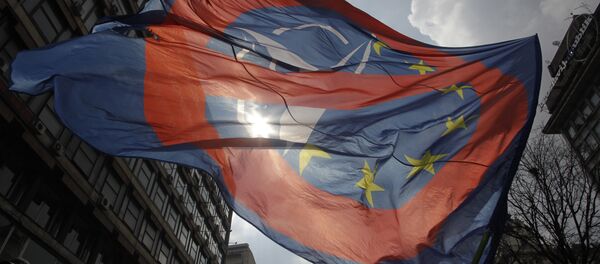When asked whether there is confrontation between the US and Russia on Bosnia and Herzegovina, Ivantsov said that he is not inclined to view these relations "through the prism of confrontation."
"I think that we have common interests, at least in a sense that both Russia and the US want stability. We do not need a new conflict either in Bosnia and Herzegovina or the Balkans as a whole. Naturally, we are at odds over many issues related to Bosnia and Herzegovina. But we talk with each other, and have been trying to find reasonable compromises," he pointed out.
He said that Russia proceeds from the assumption that the role of the international community and its individual participants in Bosnia and Herzegovina should be positive.
In this regard, "using the 'either West or Russia' question is irrelevant," Ivantsov said.
Touching upon "certain forces' efforts to draw Bosnia and Herzegovina into NATO," he said that "such attempts do exist and are becoming more energetic."
"I think our position is well known and I don't need to reiterate it. We don't believe that NATO membership adds to the strengthening of the full-fledged security of any country. We are against NATO's further expansion in the Balkans," he added.
Ivantsov recalled that "there is no unity on Bosnia and Herzegovina's NATO membership, with at least one part of the country against it."
In early February, NATO Secretary General Jens Stoltenberg said that the alliance would not force Bosnia and Herzegovina to join NATO as it is up to its "sovereign government" to decide on membership.
The country has been in talks with the alliance on its membership aspirations and related reforms since 2008.
In 2006, Bosnia and Herzegovina joined the Partnership for Peace program and a year later signed an agreement on security cooperation with NATO.



